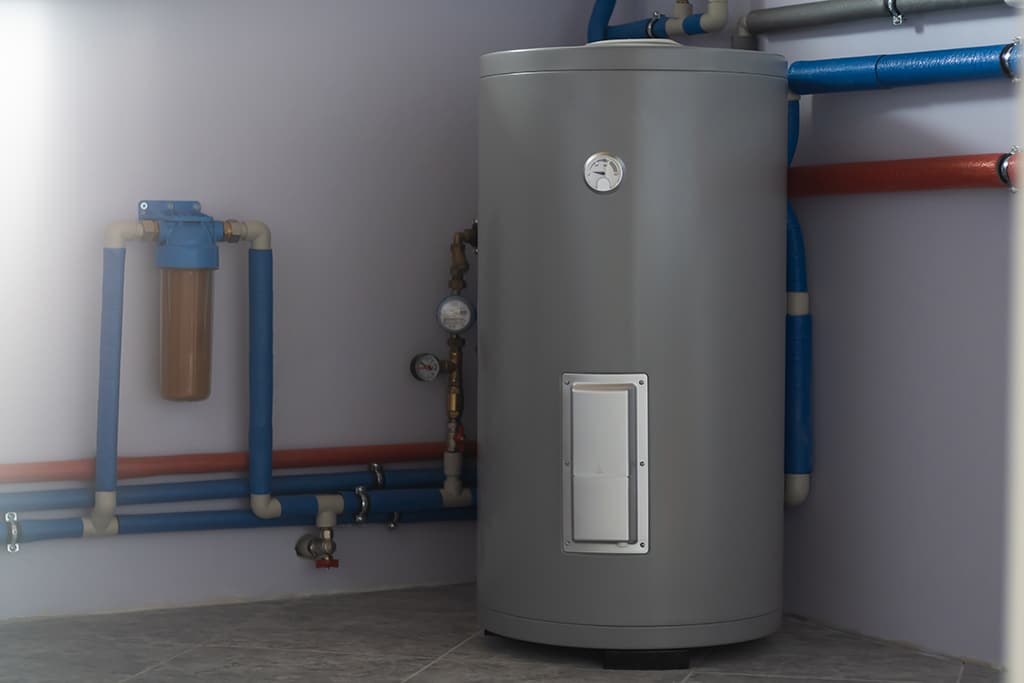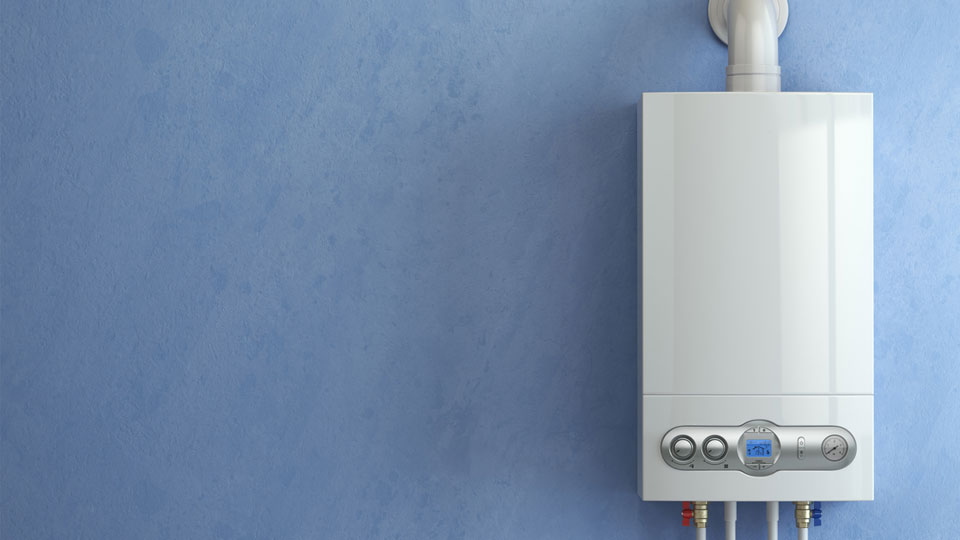When it comes to household appliances, the water heater is often overlooked until it’s too late. It’s one of those things that we tend to forget about until we’re in the shower and suddenly find ourselves freezing in a burst of cold water.
Despite its importance, there are many misconceptions surrounding heaters that can leave homeowners feeling confused and unsure about how best to care for their unit. These misconceptions can lead to costly repairs, wasted energy, and even safety hazards.
Here, we will be exposing common heater misunderstandings to help you better understand how to properly maintain and care for your unit. From the belief that turning up the thermostat will heat water faster to the myth that a water heater will last forever, we will separate fact from fiction.
Our goal is to provide you with the knowledge and tools necessary to make informed decisions about your heater and ensure it’s running smoothly for years to come.
Tankless heaters are not perfect
Its is essential to help consumers make informed decisions when purchasing or maintaining heaters. One of the most common misconceptions is that tankless heaters are perfect and have no flaws. While tankless heaters offer many advantages, it is important to acknowledge that they are not flawless.
The initial cost of purchasing and installing tankless heaters is higher than traditional tank heaters. The installation process may also require additional upgrades to existing electrical or gas lines.
Additionally, tankless heaters may have difficulty providing hot water to multiple fixtures simultaneously, especially during peak usage times. It is crucial to weigh the pros and cons of both types of heaters before making a decision.
Higher price does not guarantee quality
When it comes to purchasing a heater, many people make common water heater myths and assumption that a higher price tag guarantees better quality. However, this is not always the case. While some expensive heater models may be of high quality, it is important to remember that price does not always equate to quality.
It is crucial to conduct thorough research on the specific model you are interested in, read reviews, and compare features to ensure that you are getting the best value for your money. Don’t be swayed by a high price; do your due diligence to truly understand the quality and performance of the heater you are considering.
Old heaters may be sufficient
As we explore common misconceptions about heaters, it’s important to address the belief that newer is always better. While there are certainly benefits to upgrading to a newer model, it’s important to note that old heaters may still be sufficient for your needs.
In fact, some older models may be made of higher-quality materials and have more durable components than newer, mass-produced models. It’s important to have a professional assess the condition and efficiency of an older heater before assuming it needs to be replaced.

In some cases, regular maintenance and updates to certain components may be all that’s necessary to keep an old heater running optimally. Ultimately, the decision to replace an old heater should be based on an assessment of its individual performance and efficiency, rather than a blanket assumption that newer is always better.
Annual maintenance is essential
One of the most common misconceptions about heaters is that they can run without any maintenance. This is far from the truth. Annual maintenance is essential for the optimal performance and longevity of your heater.
Neglecting regular maintenance can lead to a range of problems, including sediment buildup, corrosion, leaks, and even complete system failure. It is recommended that homeowners schedule an annual heater inspection and maintenance with a licensed professional to ensure that their system is running smoothly and efficiently.
By doing so, you can avoid costly repairs and premature replacement of your heater. Don’t let this common misconception cause you problems – make sure to prioritize annual maintenance for your heater.
Water heaters have limited lifespan
Its important for homeowners who rely on a heater for their daily needs. One of the most common misconceptions is that heaters last forever. In reality, heaters have a limited lifespan, and it’s important to be aware of this.
The average lifespan of a heater is around 10-12 years, depending on the type of unit and how well it is maintained. Neglecting regular maintenance can shorten the lifespan of a heater and result in costly repairs or replacement.
It’s important to have a professional inspect your heater regularly to ensure it is working at its best and identify any potential issues before they become major problems. Being aware of the limited lifespan of heaters can help homeowners prevent unexpected breakdowns and make informed decisions about when to replace their system.
Overall, debunking misconceptions about heaters is crucial to ensuring that homeowners can make informed decisions about their heating systems. By understanding the truths behind common myths, homeowners can take steps to maintain their heaters and prolong their lifespan.
It is important to consult with a professional plumber or technician to receive the best advice about heater maintenance and repair. By taking proper care of their heaters and avoiding common misconceptions, homeowners can enjoy reliable access to hot water for years to come.






